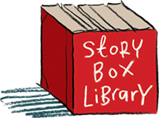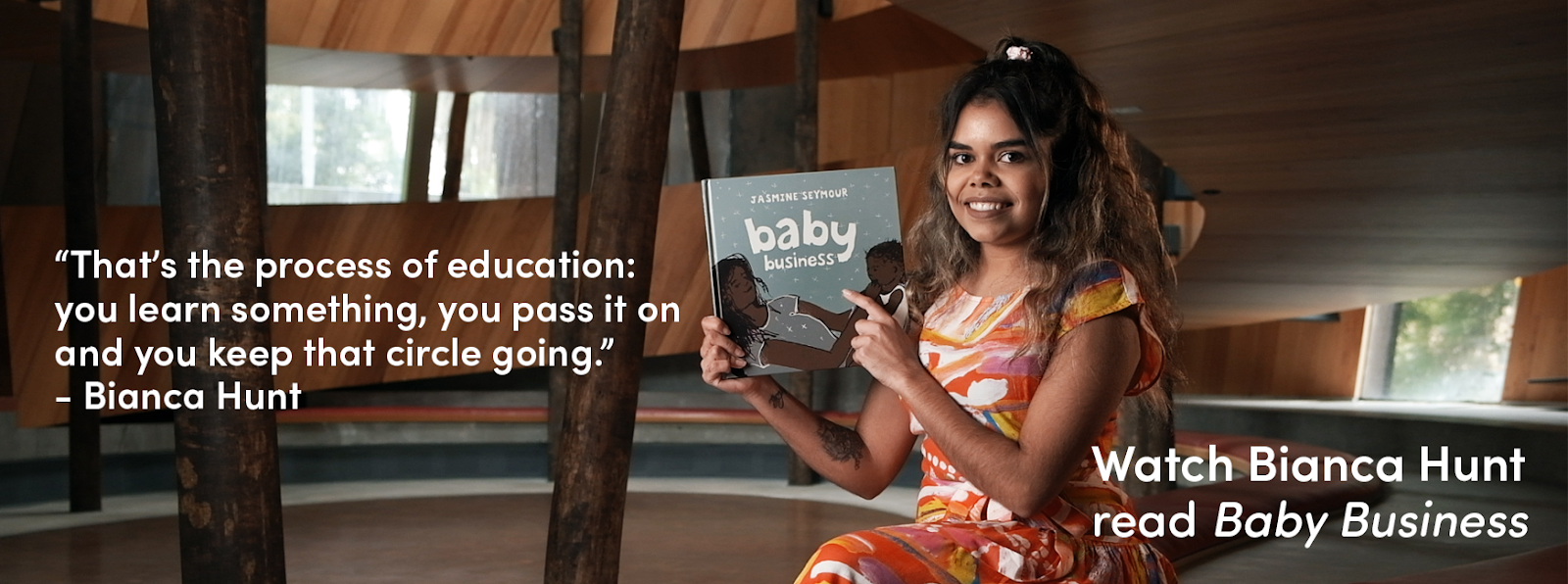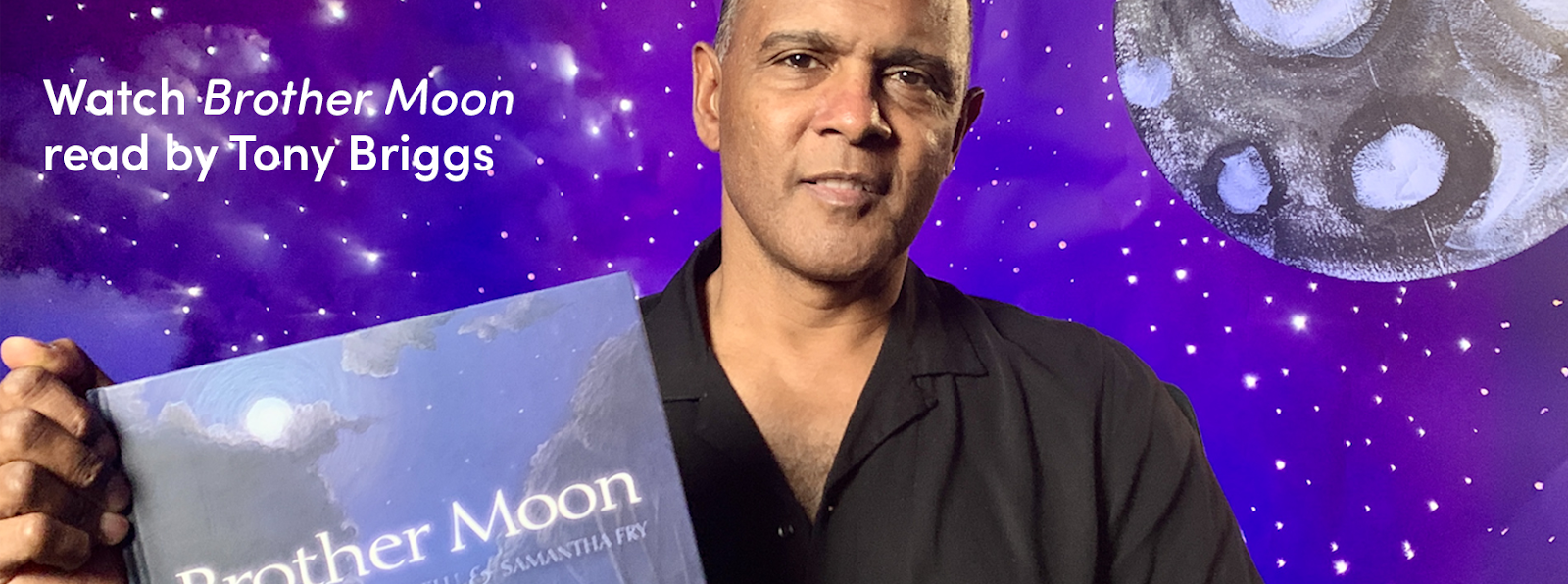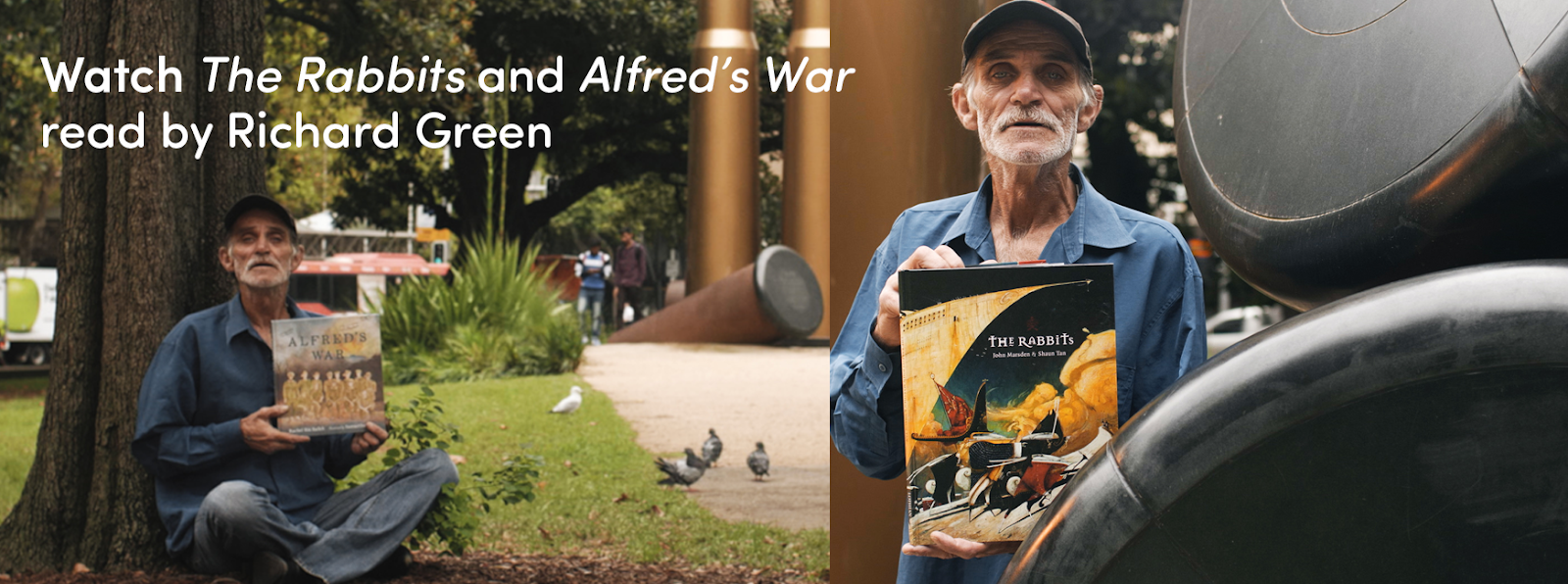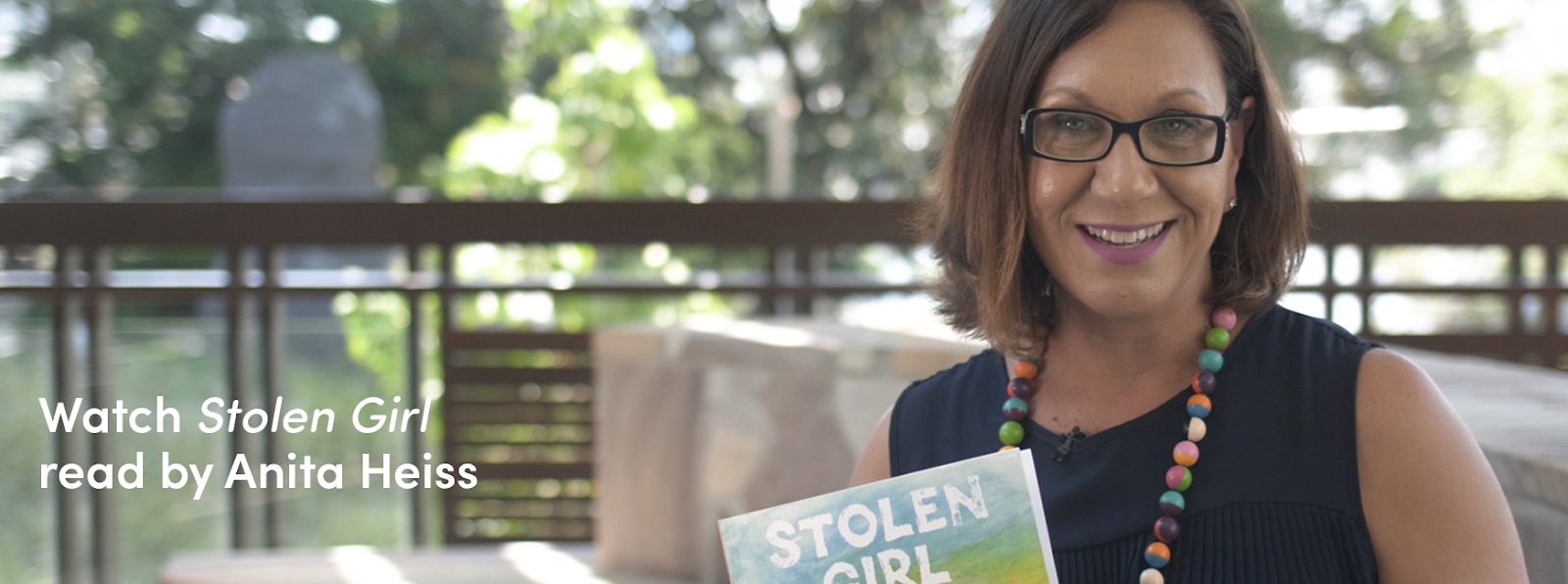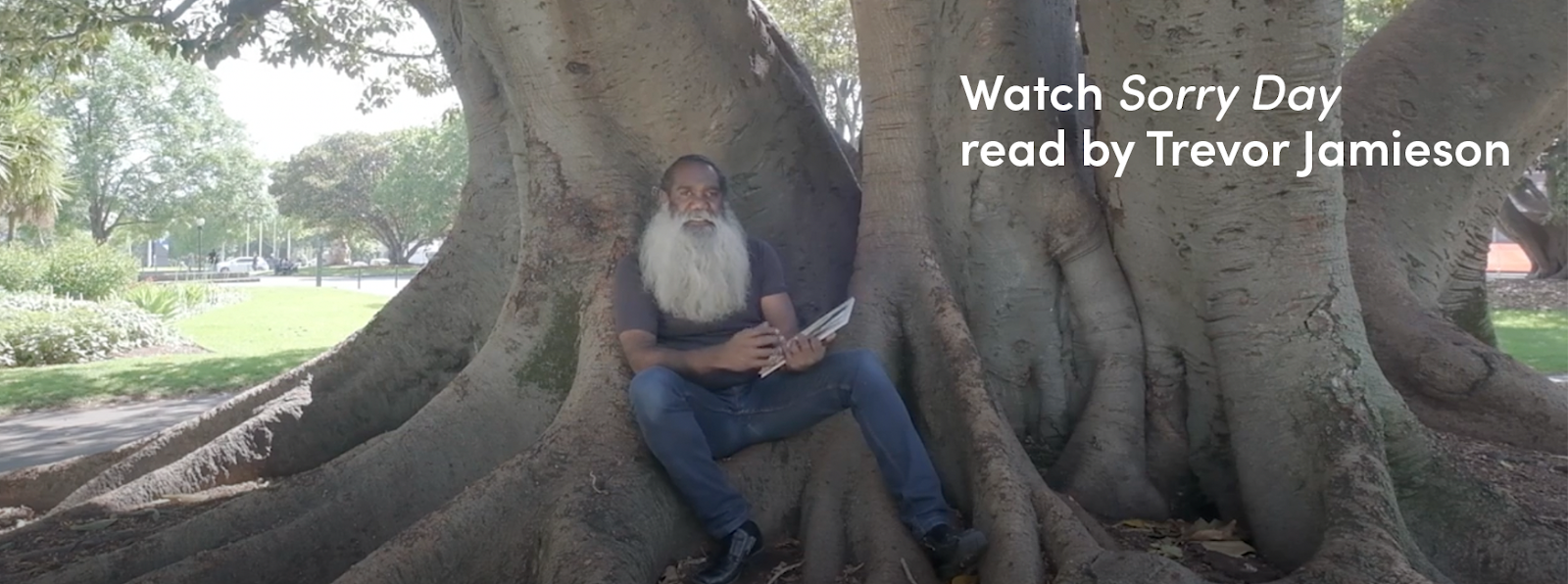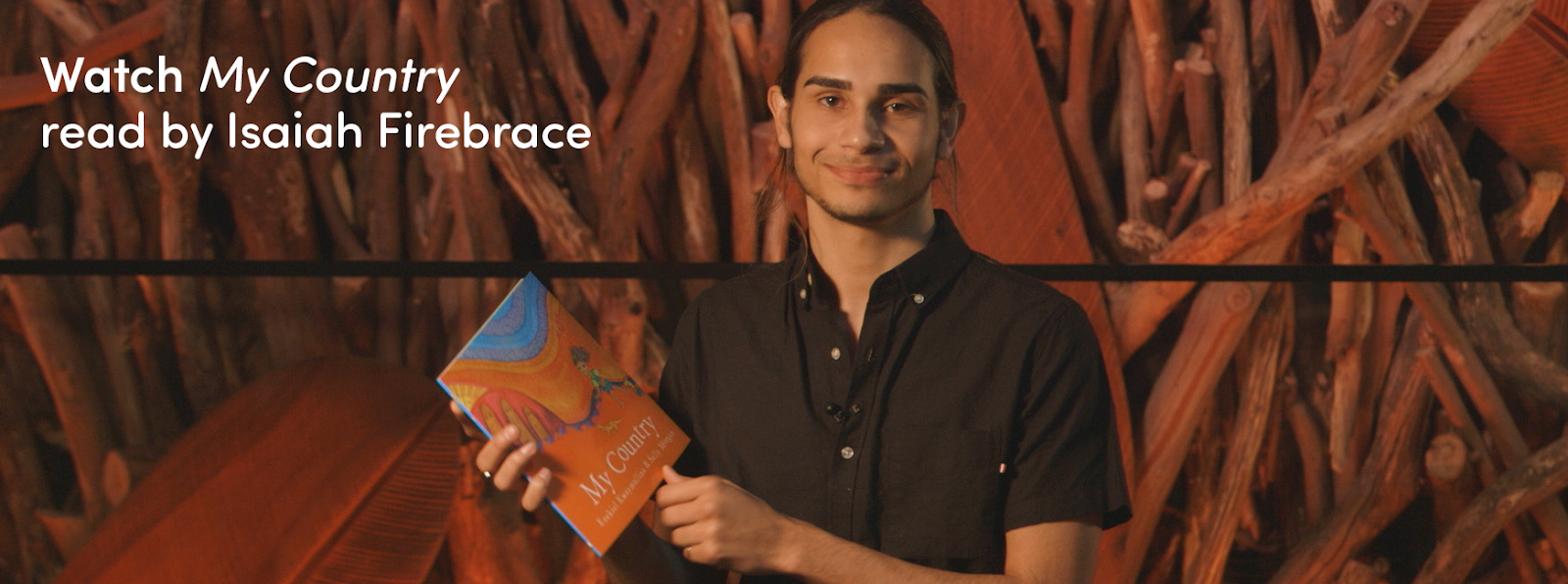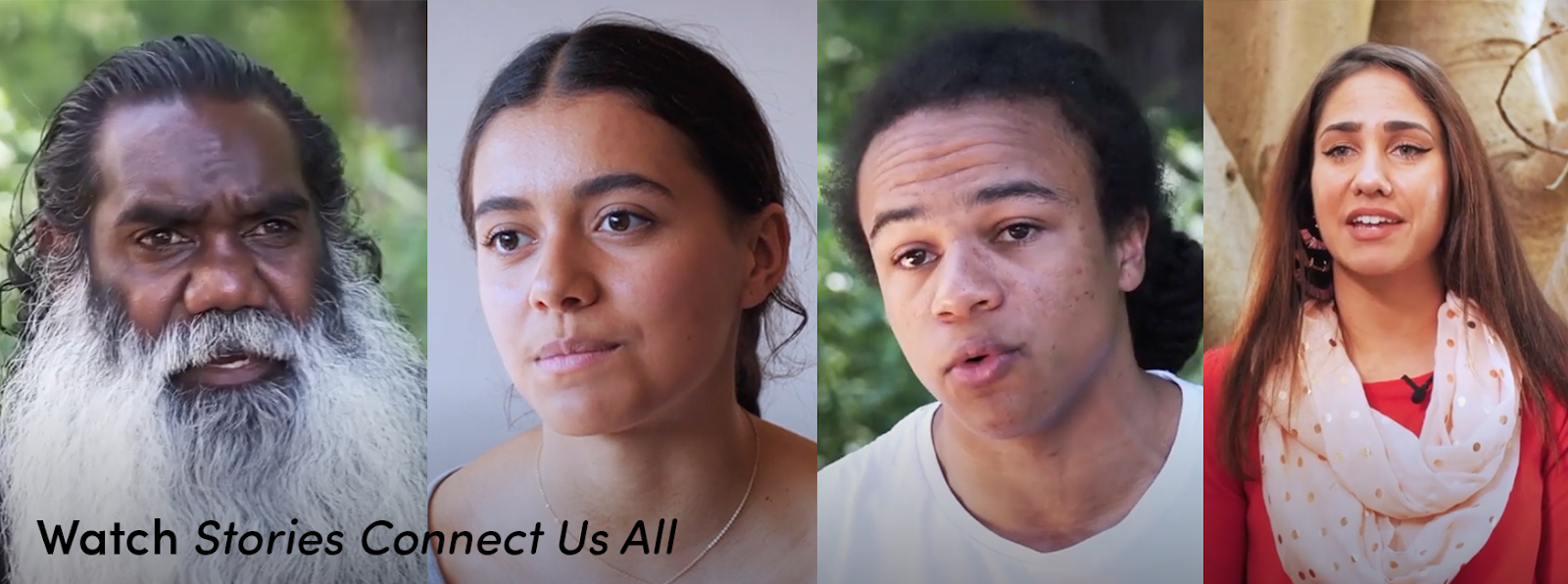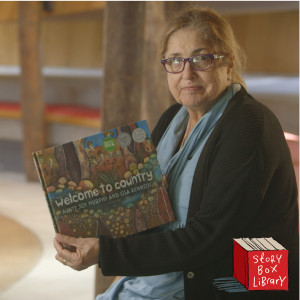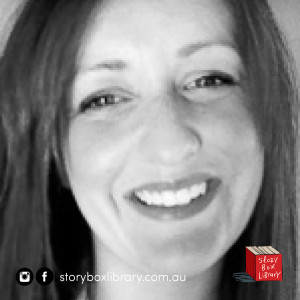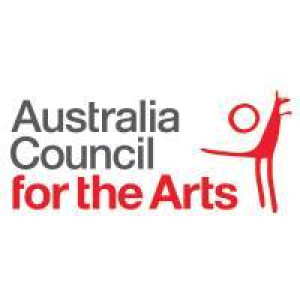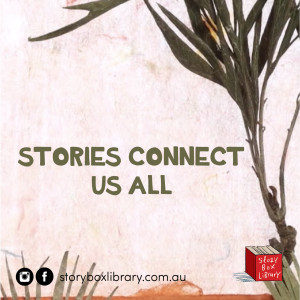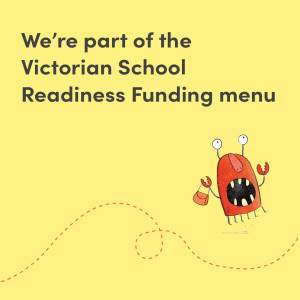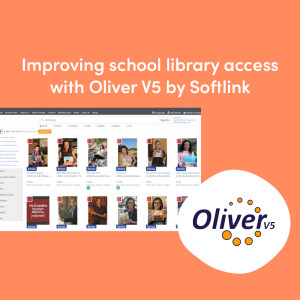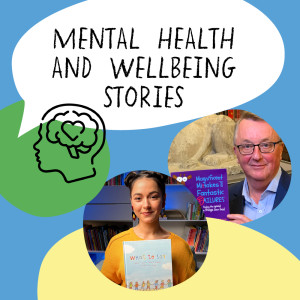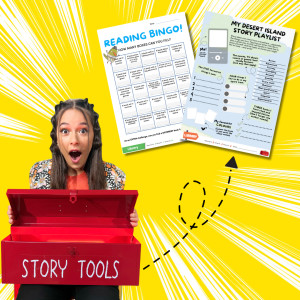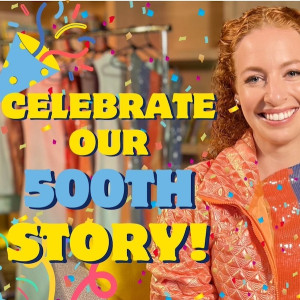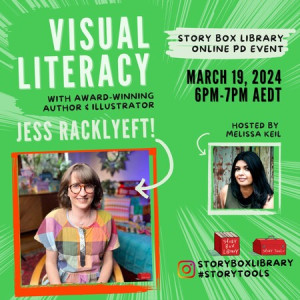School resources for National Reconciliation Week and Sorry Day
29 Apr 2021
About National Reconciliation Week 2021
National Reconciliation Week is a time for all Australians to engage in shared histories and cultures, and understand how we can all work towards reconciliation. From 27 May to 3 June of every year, National Reconciliation Week is a time to reflect and celebrate two significant milestones in the reconciliation journey - the successful 1967 referendum, and the High Court Mabo decision respectively.
The theme for 2021 More than a word. Reconciliation takes action, urges the reconciliation movement towards braver and more impactful action. There are five dimensions to NRW, bound by a theme of unity: Race Relations, Equality and Equity, Institutional Integrity and Historical Acceptance. 2021 marks twenty years of Reconciliation Australia and almost three decades of Australia’s formal reconciliation process. With the anniversary of Sorry Day on Wednesday 26 May, a day of remembrance and commemoration held to highlight the impact of past policies of forcible removal on the Stolen Generations, their families, and their communities, Story Box Library is sharing the stories of First Nations people, to help educators and students learn more.
Reconciliation is also an education process and the key to positive change. Aboriginal and Torres Strait Islander Histories and Cultures form a crucial part of the Australian curriculum, and provides the opportunity for all students to gain a deeper understanding of First Nations cultures, traditions and stories. No matter how young or what kind of background, students can begin to engage in learning more through impactful stories, created by First Nations people.
Celebrating a rich history of storytelling with Story Box Library
We've released a number of stories as part of our Indigenous Story Time series, including Stolen Girl, Tea and Sugar Christmas, Once There Was a Boy, Sorry Day, Alfred's War and The Shack that Dad Built. Engage with and discuss these stories at school using our Classroom Ideas, Activity Time resources, and encourage families to watch dedicated stories and short films in their own time.
Published by Magabala Books, Baby Business tells the story of a Darug baby smoking ceremony that welcomes baby to Country. With Darug language words integrated throughout the book and a central message of connection to Country, Baby Business stresses the need to care for our land.
Beneath the dark sky of the Northern Territory, Hippy-Boy is captivated when Great-Grandpa Liman tells him the mysterious story of his brother and how it guides his connection to Country.
Great-Grandpa is a masterful storyteller and, as the tale of Brother Moon unfolds, he finally reveals his brother is the moon — a wonder of the universe. Hippy-Boy learns how his great-grandfather uses the phases of the moon when he goes hunting and fishing, and why it is important for us all to have an understanding of the natural world.
An allegorical fable about colonisation or a perspective on the effect of humans on the environment, The Rabbits is powerfully told by actor Richard Green, and immerses readers of all ages in a story that promotes cultural awareness and a sense of caring for the natural world.
Alfred’s War is a powerful story that unmasks the lack of recognition given to Australian Indigenous servicemen who returned from the WWI battlelines and the sacrifices Indigenous people have made to Australia’s war efforts.
Stolen Girl from Trina Saffioti, Norma MacDonald and Magabala Books is a fictionalised account of the Stolen Generation, sharing the story of an Aboriginal girl taken from her family. Read by Anita Heiss, Stolen Girl offers viewers a greater understanding of ‘home’ and a glimmer of hope.
“In a time long ago and not so long ago children were taken from their parents, their sorrow echoing across the land. Sorry Day follows Maggie and her mother, who watch the Prime Minister give his apology to the Stolen Generations on behalf of the Australian Government.” Sorry Day includes a special introduction and afterword from former Prime Minister, Kevin Rudd, and is read poignantly by actor Trevor Jamieson.
We see a celebration of nature and the land in My Country from Fremantle Press. Inspired by author Ezekiel Kwaymullina’s grandmothers, who passed on their love of country, this story is brought to life with vibrant colours from Ezekiel’s mother Sally Morgan and celebrated through Isaiah Firebrace’s joyous read.
Meet some of the storytellers of Indigenous Story Time, as they reflect on what Story means to them and their families, and the ways we share our experiences and identities. Working with the idea that stories connect us all, we hope this short film, Stories Connect Us All, inspires you and the children in your life to connect with a wide range of voices and ideas.
Consultancy is the key for non-Indigenous educators
“On the contrary, the key to developing learning programs around Aboriginal and Torres Strait Islander Histories and Cultures is consultancy and allowing Australia's First Peoples to contribute to the learnings happening in our classrooms to ensure that an accurate and shared history is formed.” Education Project Specialist reflected on the launch of Indigenous Story Time, and how educators can engage in respectful and active listening.
Further reading and resources for educators
Narragunnawali: free to access, providing practical ways to introduce meaningful reconciliation initiatives in the classroom, around the school and with the community. Reconciliation Australia website
Share Our Pride: giving you a glimpse of what life looks like from an Aboriginal and Torres Strait Islander perspective
State of Reconciliation Discussion Guide: enabling users to expand their level of comfort, confidence and competence in understanding and acting on Reconciliation Australia’s landmark State of Reconciliation in Australia report (2016).
